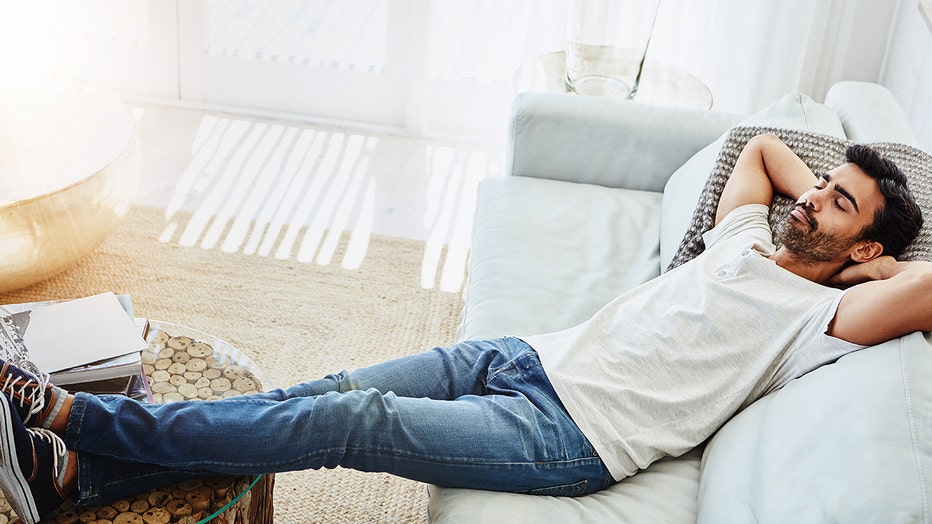Expert says this is how long you should nap for
Excessive daytime napping could be early indicator of Alzheimer’s disease, study says
Alzheimer’s disease attacks brain regions responsible for wakefulness during the day, the researchers found, adding that wakefulness-promoting neurons in these regions are among the first to be damaged by the disease.
CLEVELAND - When the afternoon cup of coffee isn’t doing the trick, a cat nap may seem like the perfect solution.
In honor of Sleep Awareness Week, a sleep expert in Cleveland, Ohio, recently offered insight into how long the ideal nap should be and the best time of day to take one.
"Napping is not a bad thing. If you do it in the right way, it can be very restorative and positive for your sleep. At the same time, it can also be something that keeps the cycle of poor sleep or insomnia going," explained Alicia Roth, PhD, a sleep psychologist for Cleveland Clinic.
How long should I nap?
If you’re going to take a nap, Roth recommended keeping it to 30 minutes or less, noting that longer naps can leave a person feeling groggy when they wake up.
That’s because you have a higher chance of interrupting a deeper sleep with a nap that’s an hour or longer.
RELATED: Nearly 1 in 5 Americans regularly or occasionally use sleep medication, survey finds
Last year, a study also found that long naps could be detrimental to your health.

File: Man takes a nap on the couch. (Credit: Getty Creative)
A research team discovered people who took midday naps for more than 30 minutes had higher body mass indexes and metabolic syndrome compared to those who did take a short rest.
A separate study published last year also suggested that quick naps may actually spark the creative process – a topic that has been speculated for decades.
RELATED: Catnap your way to creativity: Study reveals naps may boost creative ideas
"In general, the sleep onset period has been characterized as containing spontaneous, vivid dreams, suggesting that it could be an ideal state for creative idea generation," Adam Horowitz, one of the team’s researchers told FOX Television Stations.
When should I nap?
Roth also suggested napping earlier in the afternoon versus at night or around the time you typically go to bed, as dozing off for 10 to 20 minutes too close to your bedtime can make it harder to fall asleep again.
"The later you nap in the day, the more detrimental it’s going to be to your nighttime sleep. It’s also important to remember that napping includes dozing off on the couch in the evening," she continued.
RELATED: Frequently taking sleeping pills could increase risk of dementia, study says
Dr. Roth warned against relying on naps all the time to get through the day as this can make it more difficult to fall asleep at night.
She recommended talking to your doctor if you regularly have trouble sleeping.
This story was reported from Los Angeles.

